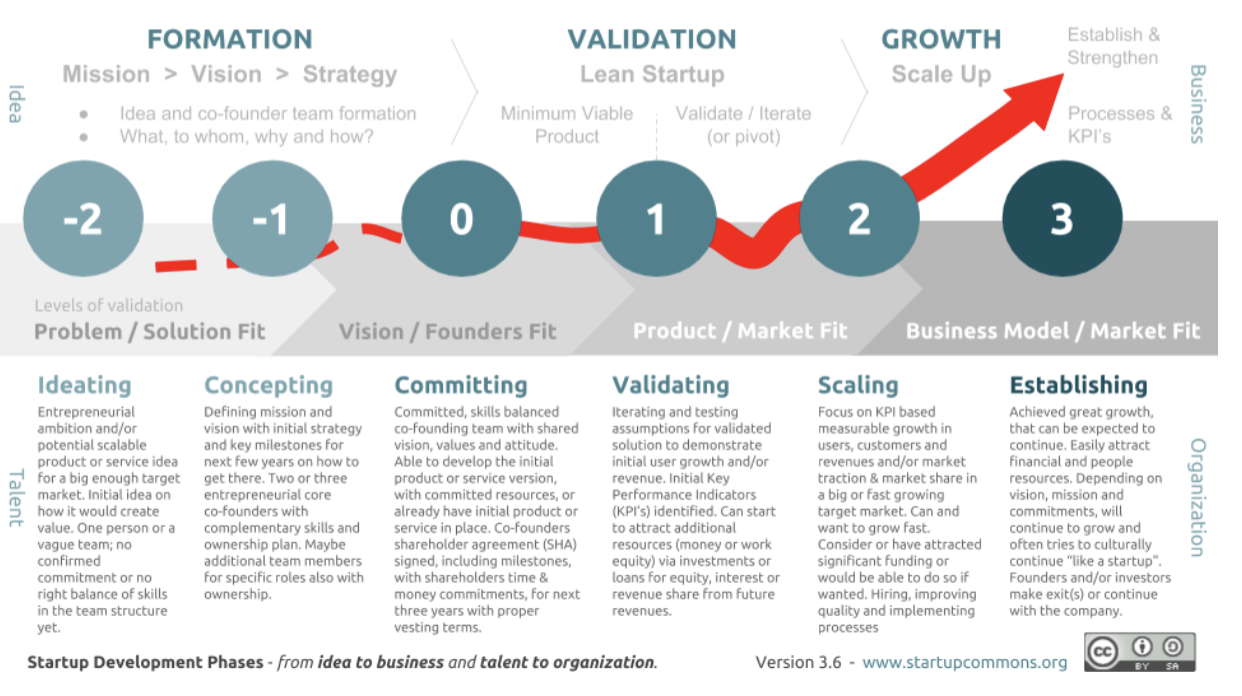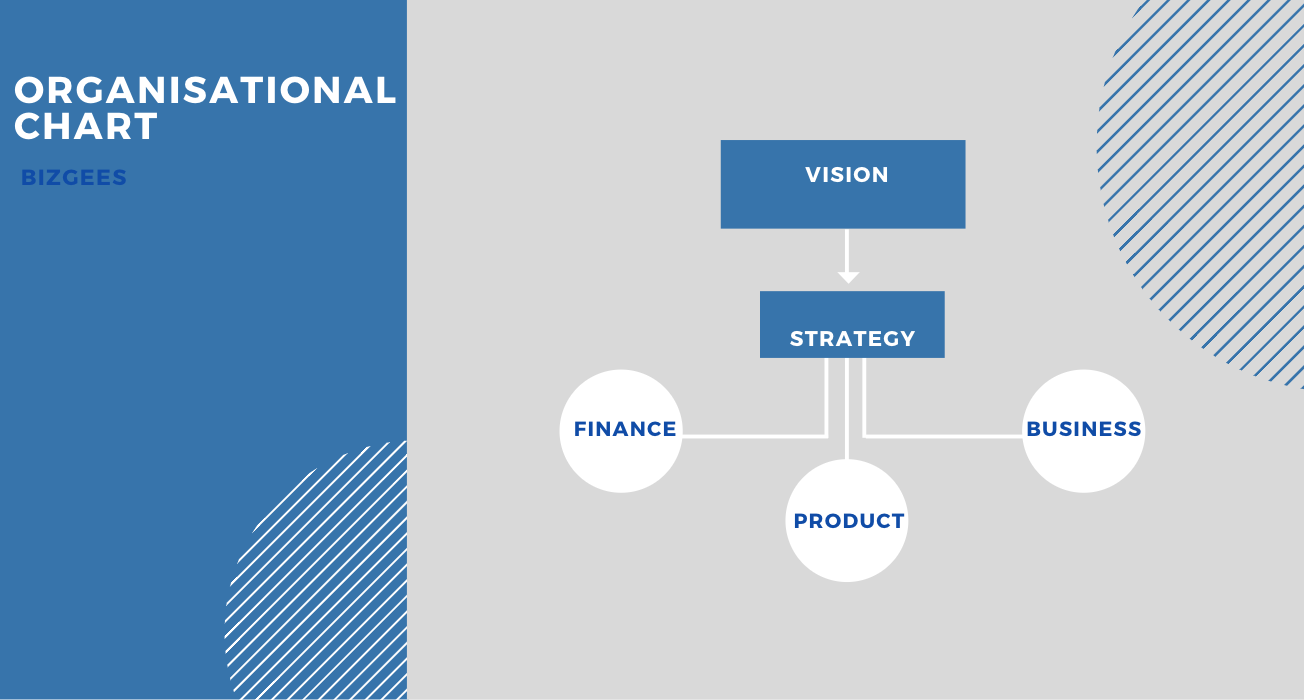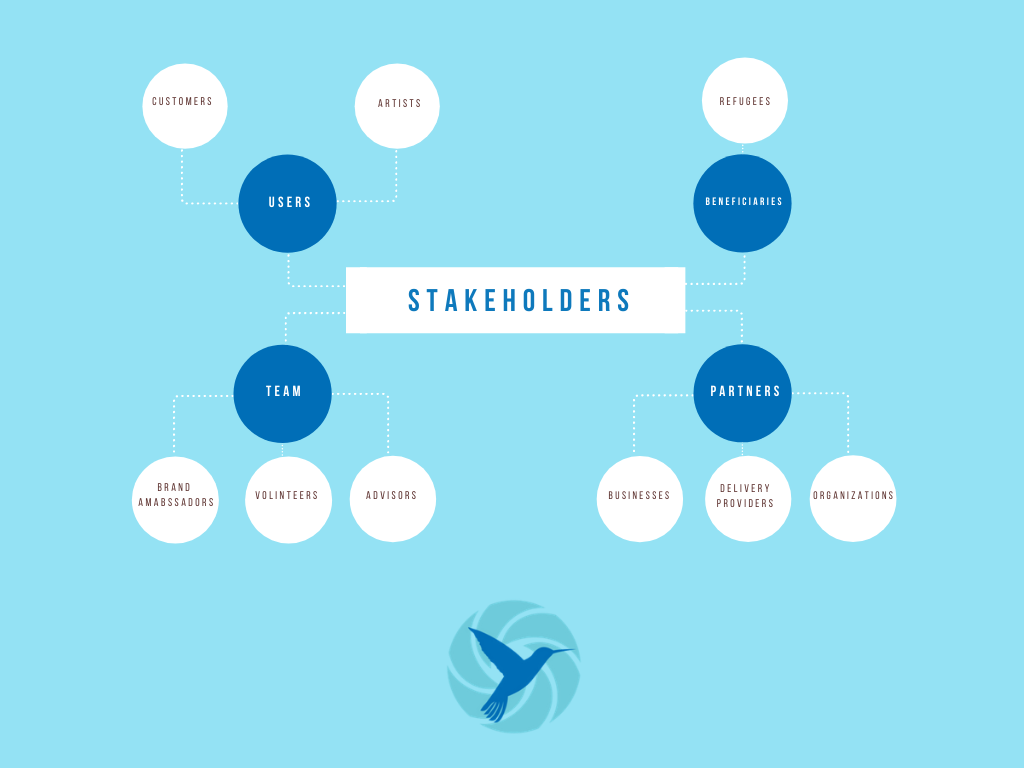|
This article was co written by Layz Reynet and Zufi Deo of www.bizgees.org . Startups struggle to figure how to organise themselves in their early days. We at BizGees felt sharing our journey would help other entrepreneurs. We believe knowledge sharing lowers trial and error rates in the early stages. We hope this summarised article helps entrepreneurs lower their risk of failure. Q: What are some projects BizGees is currently working on? A: Currently BizGees is working on two projects. Project 1. An e-commerce solution: Arts4Refugees. Here we are engaging millennial professional women. We are targeting those interested in using positive consumption to enjoy fashion. We have organised four streams:
Project 2. A crypto mining and cryptocurrency project. We are using computing power to generate new money. For the first time in living memory we are allowed to legally produce our own money. Our campaigns generate new money using crypto. which is sent to refugee communities we support. This project produces money at all times 24 hours a day 7 days a week—yep, even while we sleep. ☺ Once we have built capacity, our supporters will be able to share computer power with us. This allows them to support refugees using computers as opposed to cash money. Q: What is your approach to innovation? How do you feel these projects are innovative? A: Four years ago, BizGees was an idea. We won the challenge for financial inclusion with a new idea to take to market. That idea has been iterated along the way. Our focus on human centred design means we have to focus on the people first and then tech. We have to identify the right people to work with. Build personas representing then. Understand their unarticulated needs. Qualify the kind of human needs we want to focus on servicing. Then find solutions to meet their specific pain points. Our approach to innovation is to identify an up-and-coming concept. For example, virtual fashion. We then configure it to solve a specific problem for our target audience. In short, we make an effort to understand our stakeholders’ human needs. We then configure services to meet their unique needs. We didn’t invent virtual fashion, but we are looking to make money by solving certain key problems for our users. We are integrating it into the daily life of our customers and going for scale. That’s innovation for us. This is why our projects are so innovative. Q: What is your approach to scaling up? A: We use a predefined process. A public version is highlighted in the image below from Startup Commons. The advantage of this approach is that you know if you have identified the right concerns in each phase. This is an image highlighting the kind of phases we are working our way through. In terms of scaling up. We started off with the idea phase - an award-winning idea. During this phase we organised the problem-solution fit. We focused on the Vision, Mission & Strategy during our time with the F10 program in Zurich. We also visited Jordan to meet refugees in UN camps. We used visual stories to overcome the language and cultural barriers. We validated the problem we were focused on. We decided it was not the best place to start our business. In the validation phase, we came up with a minimum viable product. It was an interest free micro loan for the refugees in Uganda. We’ve been testing it for the last two years. Now we have data to see how reliable the local distribution channels are. How valuable the micro loan is for the refugees? How are they benefiting from the training they have received? This side of the business has worked for us. In other words, we have validated out product/market fit and are ready to scale the support. We have also added a second post conflict community—artisans in the Swat Valley. So, we have already started the scaling process. The next stage is the e-commerce and crypto mining side of the business. Here we have organised a trading brand Arts4refugees—have a look and let us know what you think. We sell goods. Where we can products are made by the communities we support. Share of the profits also support these post conflict communities we work with. Our crypto mining capacity is currently stuck in the Covid lockdown. But should be up and running by the end of the summer. This will help scale up the support we offer on a match funding basis. Q: Are your stakeholders the same as when you started, or have they expanded? A: Our stakeholders and our business structure is pretty much the same. The same goes for our mission, vision, and strategy. We worked on this during our time at the F10 program. This was our first accelerator program - so, it was a lot of work. We have worked with 5 more programs since: Xynteo, Pitch@Palace, SETSqaured, Blockchain for Social Impact Accelerator Bridge for Billions & Natwest. On the business side, we have been building an ecosystem of business partners we work with or can work with. This helps us access trusted expertise on a demand basis. On the product side, are our beneficiaries and customers. On the finance side, this is where we make sure all the activities are costed. Our cash flows are in place and we understand how to fund the business. Social impact businesses are a new concept. It has been difficult finding the support we need. The good news is the support systems are catching up pretty fast. So, coming back to your questions. Yes, we have the same quantity of stakeholders, but how we refer to them has changed. Our users were the refugees at the onset, now they are our beneficiaries. Initially, we treat our users and customers as one and the same to get started. Now our users and customers are the millennial women who buy goods from us. We also have added a sub-category to our user category. These are local artists we support as well. They emerged as a sub-category from the interviews we did with our customers. During these interviews, one dominant concern was local talent needed support as well. Q: Who would you like to incorporate into BizGees, and why? A: We are an inclusive and diverse project business. So, yes we look to include new partners and people all the time. The diversity of thought people bring from different backgrounds is important. It allows us to come up with unique products and services that are unavailable elsewhere. It goes towards helping us build our sustainable competitive advantage capacity as well. An example is how we came up with a virtual fashion product using open innovation. Zufi met Martin Dow at a holochain meetup event. They decided to share knowledge together . During the Global Impact Hack last month they came up with a virtual fashion product. They were supported by Adam Zahlayer and Layz Reynet. This product has made it into the finals of the EU v Virus Hackathon as well. Now we are working on integrating it into our business. This link has more information. We feel this approach adds to our capacity for innovation. It ensures our time to market is lowered. So, we look to collaborate with our advisers, volunteers, ambassadors, and ecosystem partners. We also work with organizations such as Swat Valley Guild and WSV global. They are our local delivery partners. We come up with solutions for the post conflict communities we support with them. They have deep local knowledge and networks. They help us understand the local environment. This approach lowers our risk of failure. It ensures the support is in line with the actual human needs of the local communities we support. The first is the UN SDG’s our activities support the local communities with. This covers the post-conflict regions and the local communities we are based in. For instance, in Northern Uganda our support covers SDG’s 1, 2, 3, 4, 5,7,8,9, 10, 11. In London, our support covers SDG’s 5,8,9,10, 11, 12 . So, you can start to see our support impacts different societies in different ways. The next tier is the actual impact on jobs and wealth. This is the number of people who have jobs and earn more money because they work with us. We have deliberately kept this simple to ensure we maintain our focus.
Q: Where will BizGees be 3 years from now? A: We have been preparing BizGees for scale. This means three years from now we will be offering similar support to many more communities globally. At the moment, we are making sure our systems, structures, and business relationships are in place. So, once we scale we don’t lose our culture, values, and appetite for innovation. We are people-centric as a company. We intend to retain this people-centric approach as we scale. For example, the way we will focus on retaining deep relationships. we have. with our people. So, in short, three years from now we will be serving more communities globally without losing our people-centric values.
1 Comment
2/19/2021 11:09:10 am
Reply
Leave a Reply. |





 RSS Feed
RSS Feed

